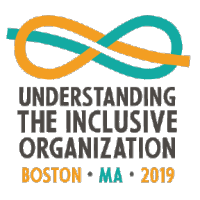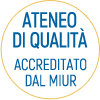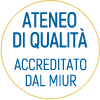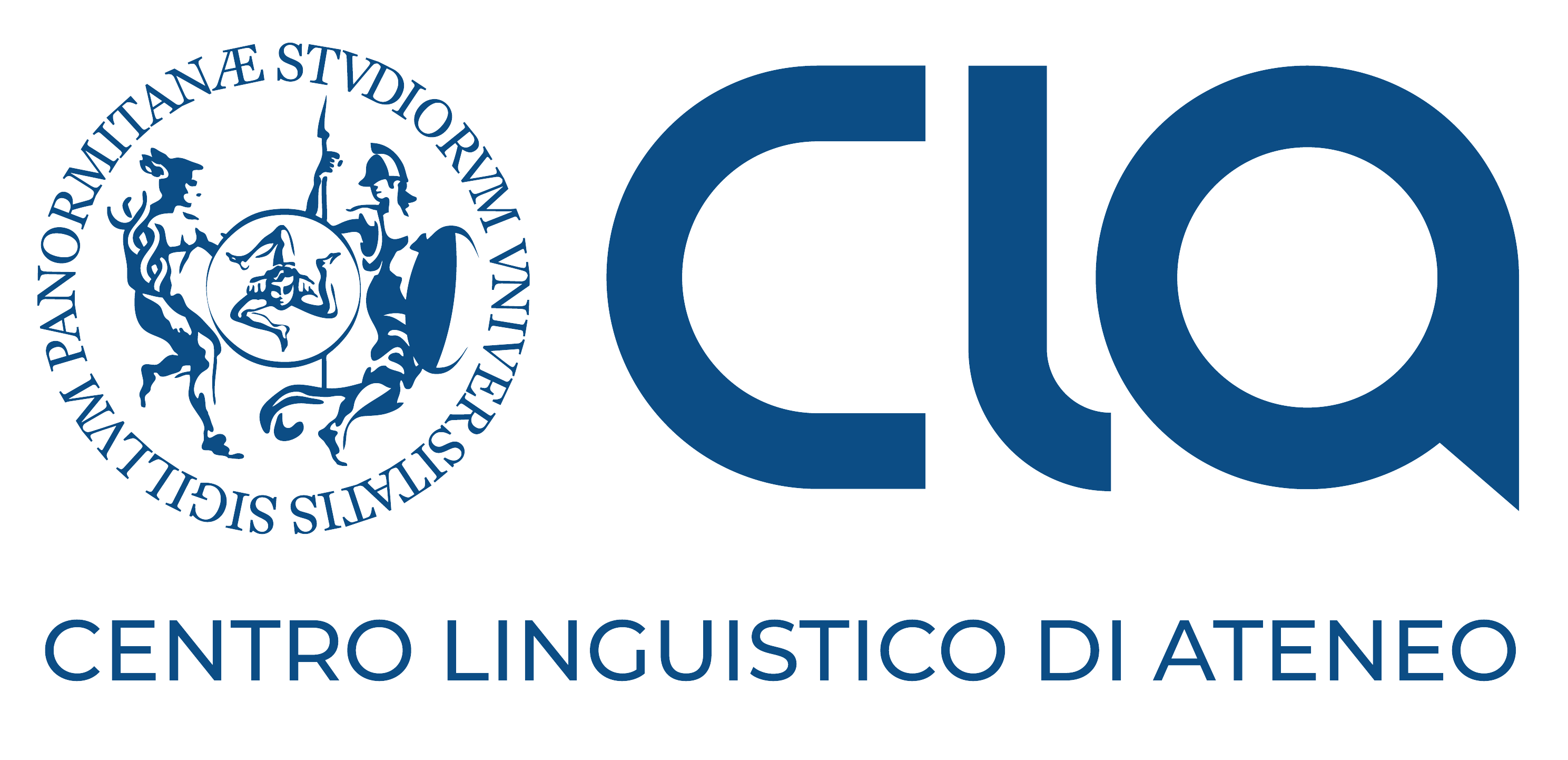PDW THEME
 |
2019 ACADEMY OF MANAGEMENT
ANNUAL MEETING
Professional Development Workshop Proposal
PSYCHOLOGICAL FOUNDATIONS OF MANAGEMENT IN FAMILY FIRMS |
Boston Marriott Copley Place
Simmons on Friday, Aug 9 2019, 1:00PM - 3:00PM
| HOME | THEME | FORMAT | SPEAKERS | REFERENCES |
Recently, Family Business Review (FBR) has launched a special issue on Psychological Foundations of Management in Family Firms. Guest editors have called for papers that make use of psychological research and especially, research on the psychology of social relationships, to advance family business studies (Zahra & Newey, 2009). Given the intellectual ferment that this special issue is leading, we propose a PDW at the incoming Academy of Management Meeting 2019 in Boston on Psychological Foundations of Management in Family Firms.
In order to appreciate the relevance and significance of the topic that we propose, we explicitly report some points from the FBR Call for Proposal. Psychological studies explore a wide array of behavioral traits, including individual cognitive processes (Groome, 2013), personality disorders (Tyrer, Reed, & Crawford, 2015), sensation and perception, attention, motivation, attachment, and so forth (Kalat, 2013). Furthermore, some scholars expand the spectrum of analysis to the level of group dynamics considering, for instance, the role of power (Tarakci, Greer, & Groenen, 2016) and the importance of identity continuity (Smeekes & Verkuyten, 2015).
We believe this domain is helpful to determine the psychological foundations of management in family firms by exploring three aspects. First, we call for explorations of how family idiosyncrasies affect the emergence of specific psychological biases and heuristics, such as overconfidence or hubris (Hayward & Hambrick, 1997; Li & Tang, 2010; Picone, Dagnino, & Minà, 2014), and humility (Ou, Tsui, Kinicki, Waldman, Xiao, & Song, 2014; Owens, Johnson, & Mitchell, 2013). The overlap between family life and work provides a unique context for specific psychological heuristics to emerge.
Second, we call for research into how “the fundamental appraisals individuals make about their self-worth and capabilities” (Ferris, Johnson, Rosen, & Tan, 2012, p. 81; Hiller & Hambrick, 2005), political and religious ideologies (Briscoe, Chin, & Hambrick, 2014), social dominance and political tensions (Johnson, Schnatterly, & Hill, 2013) influence the risk-taking and resource orchestration processes in family firms. Since “the ultimate authority in family governance is literally incorporated in the person of an owner–manager” (Carney, 2005, p. 255), s/he is more likely to have more discretion and her/his psychological attributes will be reflected to a greater extent on the firm’s strategies and performance than in nonfamily businesses (Finkelstein & Hambrick, 1990; Nicholson, 2008).
Third, since family members’ decision processes consider both economic and noneconomic goals (Berrone, Cruz, & Gomez-Mejia, 2012; Chrisman, Chua, Pearson, & Barnett, 2012; Gomez-Mejía, Cruz, Berrone, & De Castro, 2011; Kotlar & De Massis, 2013), we call for exploring strategic and entrepreneurial family leaders’ heuristics. We hope to increase the explanatory power of theoretical predictions rooted in socioemotional wealth (SEW) research. Indeed, unveiling the psychological foundations of management is helpful to understand under which conditions family members focus on economic over noneconomic goals, and vice versa.
 |
Linking PDW and the AOM Meeting key theme
Since both panelists’ presentations and thematic roundtables address the heterogeneity of psychological profiles involved in family firms, the aim of PDW is directly related to the 2019 AOM Meeting Key Theme “Understanding the Inclusive Organization”. For instance, MichaelHitt and Kai Xu’s interactive presentations illustrate why and how the personality traits, personal experience, family members interrelationship, and/or economic background of family owners have a significant influence on family firms’ strategic choices as well as the family members’ and no-family members’ “sense of belonging and their ability to fully participate in organizations” (Roberson, 2019). Additionally, Aaron Hill will interact with the audience to offer some insights on interface among personal characteristics, compensation, and job mobility of executives in family firms. This topic is linked to the impact of dispersed pay among family and non-family members on sense of belonging and, in turn, firm’s culture and employers’ motivation.
 |
OUR SPONSOR: ENTREPRENEURSHIP
The PDW encourages innovative research that bridges psychological literature and entrepreneurship/family business studies for achieving a more in-depth understanding of how entrepreneurial leadership’s heuristics have an effect on the formation of a firm as well as the success or failure (Hayward, Shepherd & Griffin, 2006; Simsek, Heavey & Veiga, 2010) of existing family firms. Additionally, some points in our scholarly conversations may enhance the entrepreneurship literature. For instance, we will discuss whether the direction of the change in wealth modifies the family’s identification with the firm (i.e., entrepreneurial identity) and whether the direction of this change brings different outcomes with respect to identity and SEW.







































